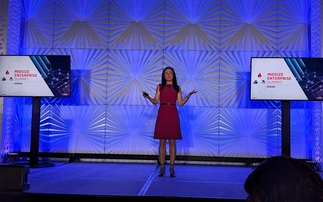Following Intel's exit from the OLPC programme the group hits back
Following news of Intel’s departure from the One Laptop per Child project (OLPC), the group has hit back at Intel accusing the firm of prioritising competition and neglecting a good cause. When...
To continue reading this article...
Join Computing
- Unlimited access to real-time news, analysis and opinion from the technology industry
- Receive important and breaking news in our daily newsletter
- Be the first to hear about our events and awards programmes
- Join live member only interviews with IT leaders at the ‘IT Lounge’; your chance to ask your burning tech questions and have them answered
- Access to the Computing Delta hub providing market intelligence and research
- Receive our members-only newsletter with exclusive opinion pieces from senior IT Leaders

















